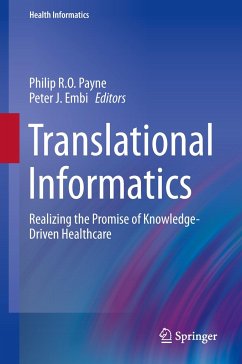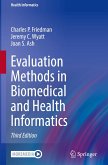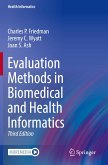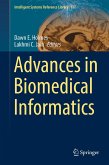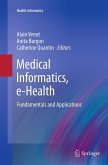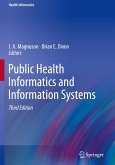Integrative and translational methodologies and frameworks have transformed modern biomedical research and the delivery of clinical care. This shift has been manifested in a number of ways, including the rapid growth and increasing availability of high-throughput bio-molecular instrumentation and analysis platforms, innovative clinical research programs intended to accelerate knowledge translation, and initial efforts to deliver personalized healthcare informed by the genomic profiles of patients. A common theme of reports and publications concerned with such transformative changes in the biomedical and healthcare domains is concerned with the challenges and opportunities related to the collection, management, integration, analysis, and dissemination of large-scale, heterogeneous biomedical data sets. In particular, the absence of well-established and adopted theoretical and practical frameworks intended to address such needs is a major impediment to the realization of translational and knowledge-driven healthcare, in which the best possible scientific evidence is used to inform the care of every patient. In this vacuum, the development of integrative clinical or translational research paradigms is significantly limited by the propagation of both data and expertise silos. This book details for the first time the current state of this extremely potent area of healthcare innovation and policy and defines the interaction between clinical/translational science and biomedical informatics.
Bitte wählen Sie Ihr Anliegen aus.
Rechnungen
Retourenschein anfordern
Bestellstatus
Storno

